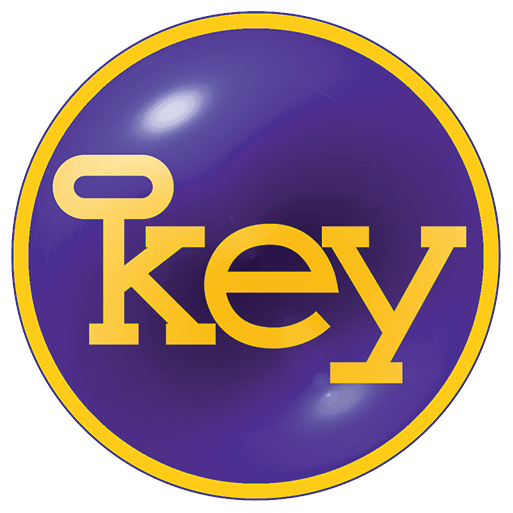Are you finding it hard to achieve high performance?
It is really hard to get the high performance needed in the business world today. You have to be aggressive, drive people hard to get the performance you need and not accept any excuses.
Well… no.
The seems to be a trend these days for promoting or hiring aggressive people in management. The mistaken belief is that it is the only way to achieve and manage for high performance. When actually the people in any organisation are it’s competitive advantage and the key to truly high performance, which is only released when they are properly led and managed.
Trouble is those hiring or promoting often don’t understand what makes an effective manager. This is not surprising when you look back at the UK Chartered Management Institute’s report Management 2020, which showed a shocking lack of management training in this country.
So taking an aggressive, no-nonsense approach to management out of ignorance is perhaps to be expected. Any thinking manager might first reflect upon what it would be like to be treated like that themselves. Would they give and continue to give their highest performance?
No of course not. Like anyone else they would become apathetic, just take the money and go home at 5 o’clock without a backward glance. The hard-nosed approach often results in high levels of staff churn, which should be of serious concern if managers are truly interested in their costs.
Actually it was ever thus. The young thrusting manager, or as they might be called today, talent, have always been the dream of lazy and ignorant senior management. This is often also the get rich-quick brigade who also follow the lastest quick-fix fashion or fad.
These days there is a massive body of literature on how to be an effective manager and how to achieve the highest, sustainable performance by truly engaging with everyone in the organisation. Critically this means recognising that you are a manager of real people. Management is a skill that needs to be learned by applying that body of knowledge in the workplace with coaching and mentoring support from more senior managers or perhaps external professionals.
Best practice shows that the foundation for a thinking manager would be building trust and cooperation with and within the team that they are responsible for. Not possible by being aggressive. And as Simon Sinek says, being responsible means recognising and giving credit to others when things go right and taking the blame when things go wrong. Would your typical aggressive manager do that? I think not.
Are you as an effective, thinking manager as you might be or do you know some who is not? The answer is to get help possibly from a professional coach or mentor. This is true even if there has been more formal management education or training because the real learning and development takes place on the job over time. Critically it includes learning from mistakes.
If you would like to find out more about achieving high performance by developing effective management skills through the support a coach or mentor give me a call.

